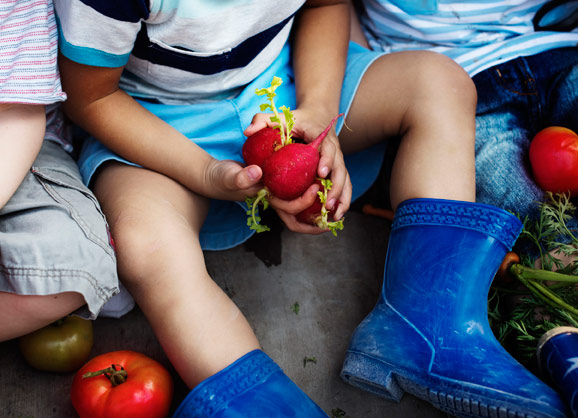 At the turn of this century, Maria Montessori, an Italian physician, conceived and developed a system of educating young children based on her observations and conclusions about how children learn. She developed materials and methods based on her belief that education involved the unfolding and development of the child's innate abilities, talents and interests. Her approach was scientific and humanistic. Her ideas rapidly spread around the globe resulting in training programs and schools opening throughout the world. Montessori schools have been in existence for 82 years in the United States. There are currently over 3,000 independent and 130 public school systems using the Montessori method.
At the turn of this century, Maria Montessori, an Italian physician, conceived and developed a system of educating young children based on her observations and conclusions about how children learn. She developed materials and methods based on her belief that education involved the unfolding and development of the child's innate abilities, talents and interests. Her approach was scientific and humanistic. Her ideas rapidly spread around the globe resulting in training programs and schools opening throughout the world. Montessori schools have been in existence for 82 years in the United States. There are currently over 3,000 independent and 130 public school systems using the Montessori method.










All rights reserved. Montessori Schools of Massachusetts